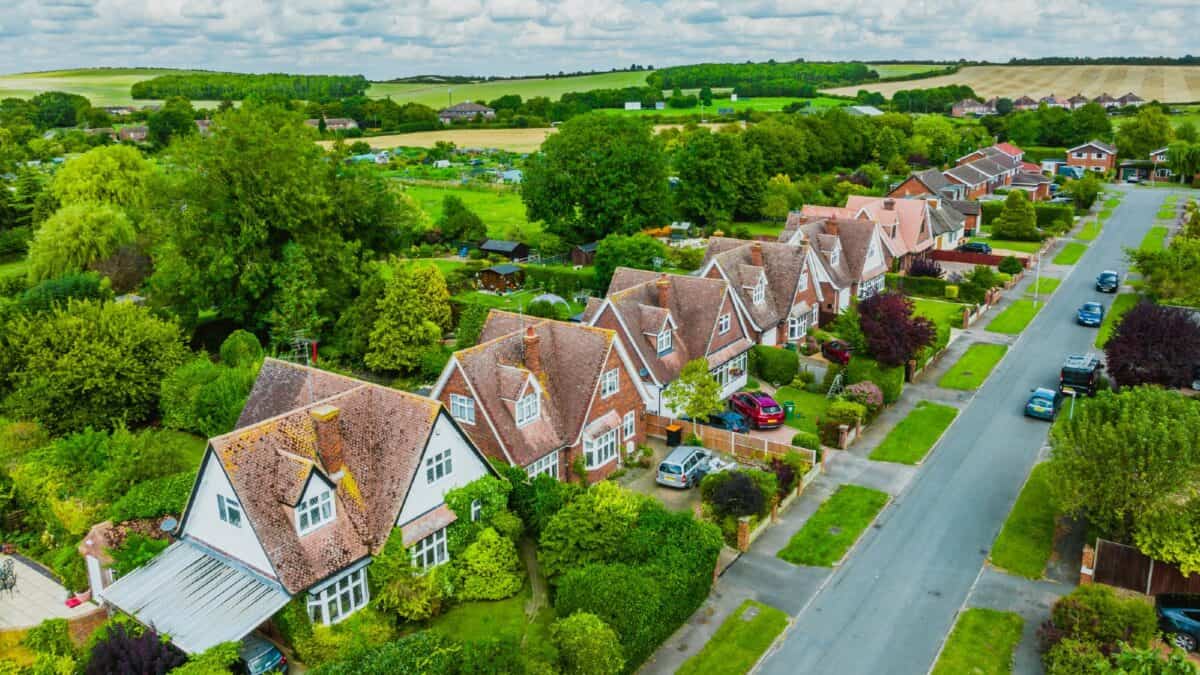The best dividend stocks to buy aren’t always the ones with the highest yields. Sometimes, crashing share prices push up yields for the wrong reasons. Then, the company slashes the dividend to claw back profits and I’m left with stock delivering minimal returns.
Yet some stocks on the FTSE 100 are performing well and maintaining a decent yield. These dependable income shares are what I look for when aiming for reliable passive income.
The key metrics I check are cash flow, earnings growth and the forward price-to-earnings (P/E) ratio. They shed some light on how likely it is the company can keep paying dividends for the foreseeable future.
With that in mind, here are two dividend stocks I’m considering for September.
Kingfisher
Kingfisher (LSE: KGF) is the lesser-known name behind leading UK home improvement stores like B&Q and Screwfix. With the new Labour government expected to fast-track affordable housing, DIY stores could see increased foot traffic.
Despite disappointing earnings results in March, it’s had a good year, up 17.6% so far in 2024. Revenue and margins declined slightly but free cash flow tripled since early 2023.
With earnings forecast to grow 11% in the coming year, the company’s forward P/E ratio is down to 13.9. That’s promising and could decrease further if Labour’s low-cost housing dreams come true.
One issue is that the £2.87 share price has grown into overvalued territory and is now estimated to be 57% above fair value. On that front, I’m concerned it may struggle to find more room to grow.
Still, the 4.3% yield is high enough that Kingfisher could be a good earner. Payments have been consistent at 12.4p per share for the past three years. There’s been some reductions but no complete cuts in the past 20 years.
All things considered, I like its prospects and plan to buy the shares next month.
Barratt Developments
Sticking with the house-building theme, Barratt Developments (LSE: BDEV) looks like another company set for growth this autumn. Like Kingfisher, it’s enjoyed a mild recovery this year, up 10% in the past six months. But it still has some way to go to recover the 40% losses incurred since Covid.
Along with the price recovery, its yield has decreased significantly. Now at a modest 5.4%, it’s down from 9% a few years ago. But with earnings forecast to grow 33% per year, dividends may get a boost in the next earnings call. The company has a solid balance sheet, with low debt and high cash flow, so I don’t see any immediate threat to payments.
Unfortunately, it comes with a big risk. If the economy goes into another recession, Barratt will likely take heavy losses. During the 2008 financial crisis, plummeting profits forced Barratt to cut dividends for four years. Reports from the US seem to suggest that recent recession fears are overblown but it’s still a possibility.
That means it’s not a particularly defensive stock. Still, dividends have increased consistently during strong economic periods. If the current economy holds strong and housing grows, there’s a chance it could become a decent income stock.
However, I’m not fully convinced about its prospects just yet. So I’m going to hold off on buying the stock until I’ve worked out where the economy is headed.
This post was originally published on Motley Fool



